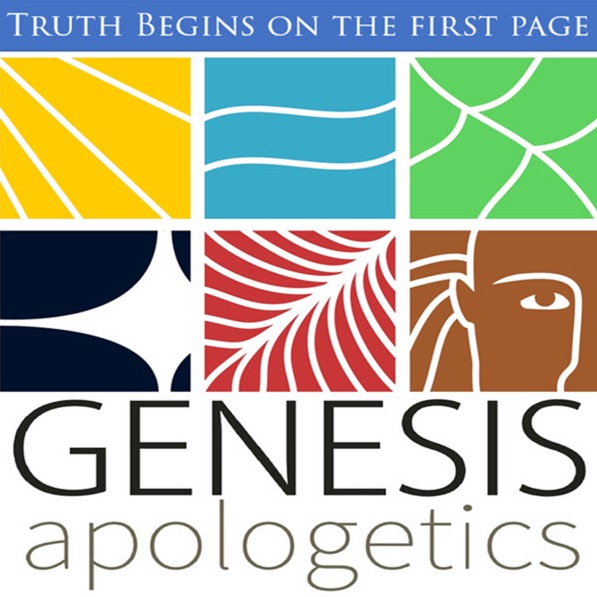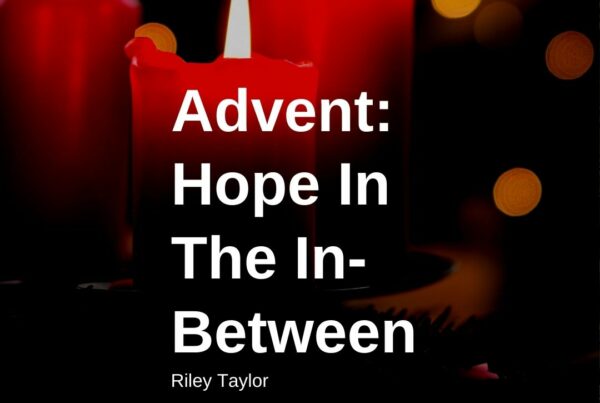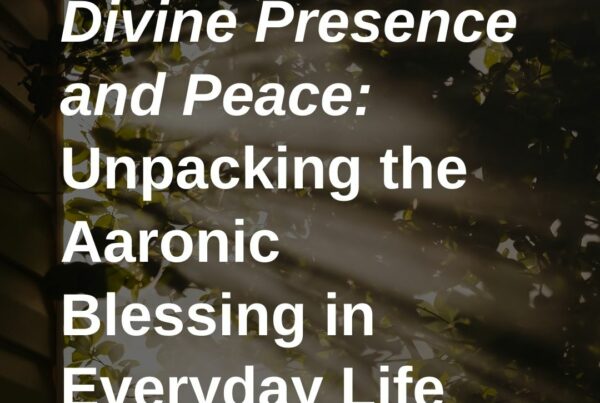
In this new covenant, make sure to read the fine print.
Sometimes, cars explode.
That’s what a fireman told me after putting out the conflagration that used to be my 1998 Geo Prism. Driving down 85th Street in Seattle, my engine just—exploded. I’m serious: it erupted in flames. Terrified, I pulled the car over and from the window of a nearby Jack in the Box, watched my car burn to a crisp in the middle of traffic while eating a Jr. Bacon Cheeseburger. When the fireman finally came, I asked him why this happened. He told me, “Yup, one thing they don’t tell you when you buy a new battery is that they can spontaneously combust. Sometimes, cars explode.”
When you buy something, it usually comes with a contract, an implicit agreement stating that you, the buyer, know what you’re getting into. And at the bottom of the contract is the fine print: the details about the dangers and inherent risks of this product. “Warning: May spontaneously combust.” Fine print is everywhere.
Leaving Behind Who You Used To Be
Even living in the Way of Jesus comes with fine print. And his terms and conditions are no less unsettling. This contract states that to follow him is to follow him to the cross.
Of course, the cross is the locus of God’s mercy, redemption, and love. Jesus spent three years recruiting and training students to learn his way. He cast a vision of life “that is truly life” in the kingdom of God; allegiance to the world’s true king; certain belief and sure faith; a vision of future hope; ethics of service, care, and justice. Following Jesus is, at times, brilliantly exciting.
At other times, it’s unimaginably difficult. The cross is also the locus of pain, betrayal, and sacrifice. At the end of his earthly ministry, the man who is God ended up on a Roman cross, falsely accused, brutally tortured, and publicly executed in the most shameful way imaginable. When that road leads to suffering, we might wonder whether we want to live in the Way of Jesus anymore.
We should have read the fine print.
Three times, Jesus tried to teach his followers that his road led to the cross. But they couldn’t fathom such a fate. They couldn’t imagine that Jesus’ promise of eternal life might include death, or that the coming of the king would include condemnation as a criminal. But Jesus made it crystal clear that this was his road—and that the same road applies to us as well.
Becoming A New Person
“If anyone would come after me, let him deny himself and take up his cross daily and follow me. For whoever would save his life will lose it, but whoever loses his life for my sake will save it” (Luke 9:23-24 ESV).
If you want this vision of life in the kingdom of God, Jesus says, then just know … it’s gonna cost you. This is the fine print: “Warning: May die on a cross.”
The Apostle Paul read Jesus’ terms and conditions carefully. In his letter to the Colossians, he states, “I rejoice in my sufferings for your sake” (Col. 1:24). Under no illusions, Paul understands what’s been asked of him. Further, he writes this letter from prison, a victim of state oppression. Yet note his attitude: “I rejoice.”
Of course, not everyone who follows Jesus comes to the same fate. The Rich Young Ruler, for example, isn’t asked to suffer—only to give up his possessions. The Pharisees are asked to swallow their pride and care about mercy and justice. Zaccheus has to repay the money that he stole. Some give up their homes. Others, such as the prostitutes, give up their occupations. Some give up old habits. Some have to trust Jesus with yet another miscarriage. Some have to process old, traumatic concepts of family. And one day, all of us will have to face our own mortality with bravery and lasting faith.
In the Scripture, it’s all the same idea. Following Jesus comes with suffering. To suffer with Christ means to leave behind who you used to be. The process of becoming new in Christ is a painful and sometimes violent process. It’s costly.
We live in a culture that believes suffering is meaningless. We view it as an interruption to our scheduled programming. It’s an inconvenience that doesn’t fit in a world of Amazon Prime and Uber Eats. Suffering is far from something we embrace, much less “rejoice in.” Our culture views suffering similar to how Peter described it, “as if something strange were happening” (1 Pet. 4:12). The doctor Paul Brand, who served all over the world before coming back to serve in America, famously observed that American culture is “a society that seeks to avoid pain at all costs” (Paul Brand, The Gift of Pain).
The problem with this view is that suffering is unavoidable. It’s characteristic of a world broken by sin. It’s part of everyday life. Whether you are righteous or evil, rich or poor, suffering is inevitable. Just look at Jesus’ example. He’s perfect, sinless, and yet all throughout the Gospels, we see him weeping. Jesus cries over the loss of friends and the injustice of his nation. Isaiah named him a “man of sorrows,” a “suffering servant.”
Rejoicing In The Process
That describes the Apostle Paul as well. After stating that he “rejoices in” his sufferings, Paul goes on to say that he embraces it “for the sake of his body, that is, the church” (Col. 1:24). He embraced the fine print because he was a servant of others. For Paul, suffering was meaningful, purposeful, even helpful. Though it is at times difficult, long, and painful, Paul knew that suffering creates something beautiful for him and others. In his letter to the Romans, Paul describes how this process works:
“We rejoice in our sufferings, knowing that suffering produces endurance, and endurance produces character, and character produces hope, and hope does not put us to shame, because God’s love has been poured into our hearts through the Holy Spirit who has been given to us” (Rom. 5:3-5 ESV).
This is the fine print. God will call each of us, in different but significant ways, to suffer for him. It might not be the same experience as someone else—and 1 Peter 4:15 makes clear that some suffering can be caused by our own sin. Nevertheless, in each of our lives, there will come a time when the Lord calls us to sacrifice, loss, betrayal, even death. It’s inevitable. It may be difficult, long, and painful. It might seem mysterious for a time as we wonder “Why have you forsaken me?” But God promises that the fine print is meaningful. The first step to embracing and rejoicing in it, is reading it.













